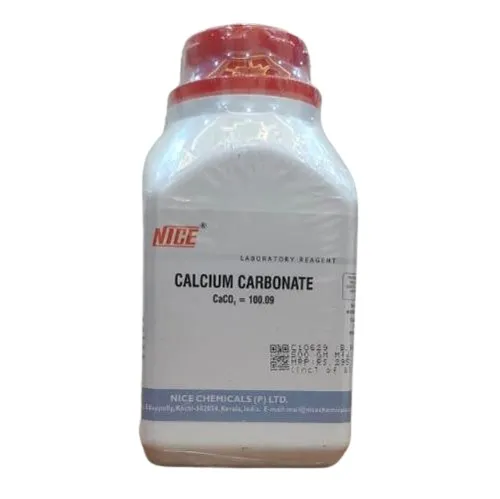Description
Calcium carbonate (CaCO3) is a widely occurring chemical compound that plays a crucial role in various natural processes and industrial applications. It is a key mineral found in rocks, particularly limestone, marble, and chalk, and serves as a fundamental component of shells produced by marine organisms, such as coral and mollusks. Its ability to form in layers over time contributes significantly to the geological landscape of our planet, creating important natural formations and deposits.
In addition to its geological significance, calcium carbonate has a wide range of practical uses. In the construction industry, it is utilized as a primary ingredient in cement production and acts as a filler in asphalt. Its ability to neutralize acidity makes it valuable in agriculture as a soil conditioner and pH stabilizer. Furthermore, in the pharmaceutical and food industries, calcium carbonate is employed as a calcium supplement and an antacid, helping to alleviate heartburn and indigestion.
The versatility of calcium carbonate extends to the manufacturing of various products, including paints, coatings, and plastics, where it enhances durability and provides opacity. Its environmental impact is also noteworthy; the use of calcium carbonate can help in carbon capture and storage efforts, aiding in the reduction of greenhouse gas emissions. Overall, calcium carbonate is an essential compound that underpins many aspects of our daily lives, highlighting the intersection of natural processes and human innovation.


















